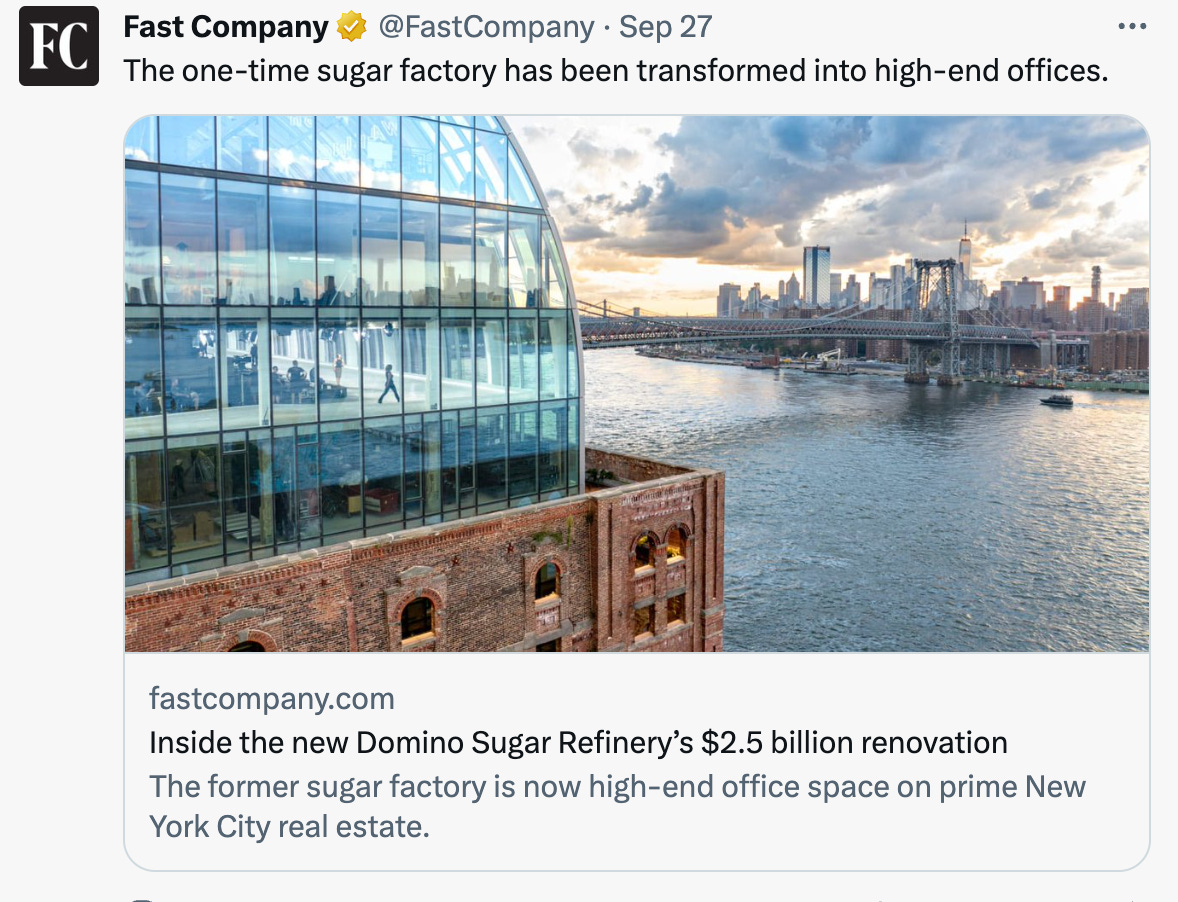Hello and welcome to the latest edition of Off to Lunch…
The UK economy is now at least 1.8 per cent larger than it was before the Covid-19 crisis began, according to data released by the Office for National Statistics this morning.
The news from the ONS builds on its announcement earlier this month that it had upgraded the size of the UK economy pre-2021 after gathering more information. Those revisions showed that the economy had actually regained its Covid-19 losses by the end of 2021 and was nearly 2 per cent larger than previous estimates. It had previously been thought that the UK was the only G7 economy not to rebound from the Covid-19 hit it had suffered.
The ONS has said today that the UK economy grew by 0.2 per cent in the second quarter of 2023, which is the same as its previous estimate, but that the economy also grew by 0.3 per cent in the first quarter, better than the 0.1 per cent growth it had previously estimated.
Furthermore, the ONS confirmed its previously announced revisions that GDP grew 4.3 per cent in 2022 (up from 4.1 per cent in its first estimate), 8.7 per cent in 2021 (up from 7.6 per cent previously) and fell 10.4 per cent in 2020 (11 per cent previously).
This all means that the economy was 1.8 per cent larger than pre-Covid levels at the end of June 2023.
Unsurprisingly, the government has welcomed these numbers…
The graph below neatly shows how the performance of the UK compares to other G7 countries, and the previous ONS estimate…
Other economic data out today shows that inflation in the eurozone has fallen to the lowest level in two years - 4.3 per cent, down from 5.2 per cent last month. More on that from Reuters here
However, in a sign of the pressure on the UK economy from the rise in interest rates to 5.25 per cent, other data shows that mortgage approvals fell in August to the lowest level in six months and that consumers borrowed another £1.6 billion of credit. You can find the data on that from the Bank of England here
The pound has risen nearly 0.5 per cent on the back of the data from the ONS today, but it is still on course for its worst month since Liz Truss and Kwasi Kwarteng’s mini-Budget last September. The graph below shows how the pound has moved over the last five years against the dollar…
Other stories that matter…
1. A proposal to connect the UK to solar panels and wind farms in Morocco via a 3,800 km cable under the sea has been declared a project of “national significance” by the government. The project is estimated to cost £20 billion and could provide around 8 per cent of the energy that the UK needs. The declaration that the project has “national significance” means the planning process can be shortened. Story by the Financial Times here
2. Tom Whipple, the science editor for The Times, has visited Imperial College’s quantum engineering, science and technology centre (Quest), where a collection of academics are working together to try to develop ground-breaking new technology. “This is a unique time in history,” says one of the scientists quoted in the piece, which you can read here
3. Economists Ryan Bourne and Sophia Bagley have taken an interesting look at the rise of dynamic pricing and whether charging more for products or services that are in-demand will be accepted by consumers. “These tensions should be thrashed out in competitive markets,” they write. “It’s fine if CVS, Walmart, Tesco or Boots want to keep prices stable in emergencies - they have their own brands to care about. But, equally, other firms should be free to experiment with dynamic pricing too - whether that’s real-time pricing in emergencies or adjusting rates based on lines or wait times. That’s the case against anti-price gouging laws, more broadly applied.” You can read the analysis here
4. Apron, a UK start-up that has developed technology to simplify how small and medium-sized companies pay invoices and manage admin, has raised $15 million (£12.3 million). The Series A funding round was led by venture capital firm Index Ventures. More details here
5. The latest edition of The Economist focuses on the research and development going into how to delay human ageing. The science is developing fast, helped by backing from billionaires. You can read The Economist’s summary on this here. On a similar note, Fortune magazine says it won’t be long until we get 100-year-old chief executives. Piece here
And finally…
Some architecture to finish this week. The redevelopment of the Domino Sugar Refinery in Williamsburg, Brooklyn is spectacular. The refinery closed in 2004 but has been redeveloped into high-end offices, with a big glass facade added. The redevelopment is the latest part of a transformation of the Dumbo and Williamsburg area in New York. You can find out more about the project - which has lessons for potential regeneration opportunities in the UK - via the links below…
Thanks for reading. If you enjoy Off to Lunch then please share it with others and spread the word. If this newsletter was shared with you then please sign-up below to become a member, get Off to Lunch sent directly to your inbox, and contribute to the work of Off to Lunch
Best
Graham











